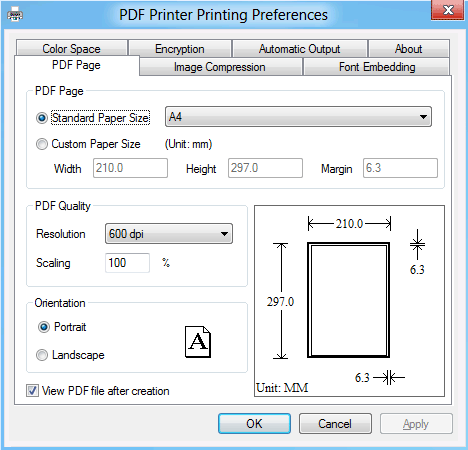Difference between 32 bit and 64 bit computer pdf

A 32 bit processor is faster than a 64 bit processor, 64 bit processors are very commonly used that you can find it easily in any home pc but the main difference is the hardware you are having on your machine.
For 32 bits there isn't any need of any wide main bus to carry 32 bits at a time but for 64 bits its must that you should have a wider bus to carry 64bits.
In simple words an operating system of 32 bit has a 4GB limit to process any data depending upon the sizes of files and RAM. A person who does not care about the category will find 64 bit more beneficial than 32 bit because he can use 64 bit OS with 32 bit OS and software. If we compare 64 bit with 32 bit OS, 64 bit is faster and performs more upgraded silicon processes and have more no of transistors which proves it to be more advantageous than 32 bit.
Now most of the software companies are developing their software in accordance to the 64 bit environment, it's really hard for the consumers to run a 64 bit application in 32 bit environment, in this case they have to upgrade their hardware's such as RAM which is also a big issue because most of the computer users have less than 1Gb in their systems.
So instead of changing your hardware often I would recommend 32 bit OS over 64 bit which is more user friendly and enables its user to run applications of 64 bit in 32 bit environment.
If you want to read something more technical, read this: Jonathan Mould February 8, While everything above is correct I want to add the following. Hi With above excellent guides and links: This pretty much sums it up: So, what is the difference between 32 and 64 bit operating system? In simple words an operating system of 32 bit has a 4GB limit to process any data depending upon the sizes of files and RAM A person who does not care about the category will find 64 bit more beneficial than 32 bit because he can use 64 bit OS with 32 bit OS and software.
Hello, this should explain the basics to you. However, when determining what software to install on your computer, it is helpful to understand what the terms actually mean. A bit processor includes a bit register , which can store 2 32 or 4,,, values. A bit processor includes a bit register, which can store 2 64 or 18,,,,,, values.
Therefore, a bit register is not twice as large as a bit register, but is 4,,, times larger. That's a big difference, but how does it affect computing performance? One bit in the register can reference an individual byte in memory, so a bit system can address a maximum of 4 gigabytes 4,,, bytes of RAM. The actual limit is often less — around 3. A bit register can theoretically reference 18,,,,,, bytes, or 17,,, gigabytes 16 exabytes of memory.
This is several million times more than an average workstation would need to access. What's important is that a bit computer which means it has a bit processor can access more than 4 GB of RAM. While 64 bits is far more storage than what modern computers require, it removes all bottlenecks associated with bit systems. For example, bit systems run more efficiently since memory blocks are more easily allocated.
They also support bit instructions and have bit data paths, which enables them to process more data at once than bit systems can. So how does bit or bit hardware affect software? Generally speaking, bit programs can run on a bit system, but bit programs will not run on a bit system.
This is because bit applications include bit instructions that will not be recognized by a bit processor. In order to run a bit program, your operating system must be bit. Around , bit versions of Windows and OS X became standard, though bit versions were still available. Therefore, if you bought your computer in or later, there is a good chance you are running a bit operating system. In Windows, you can check your OS version by right-clicking My Computer , selecting Properties, and clicking System to view the system type.
If you have a Mac and you are running OS X